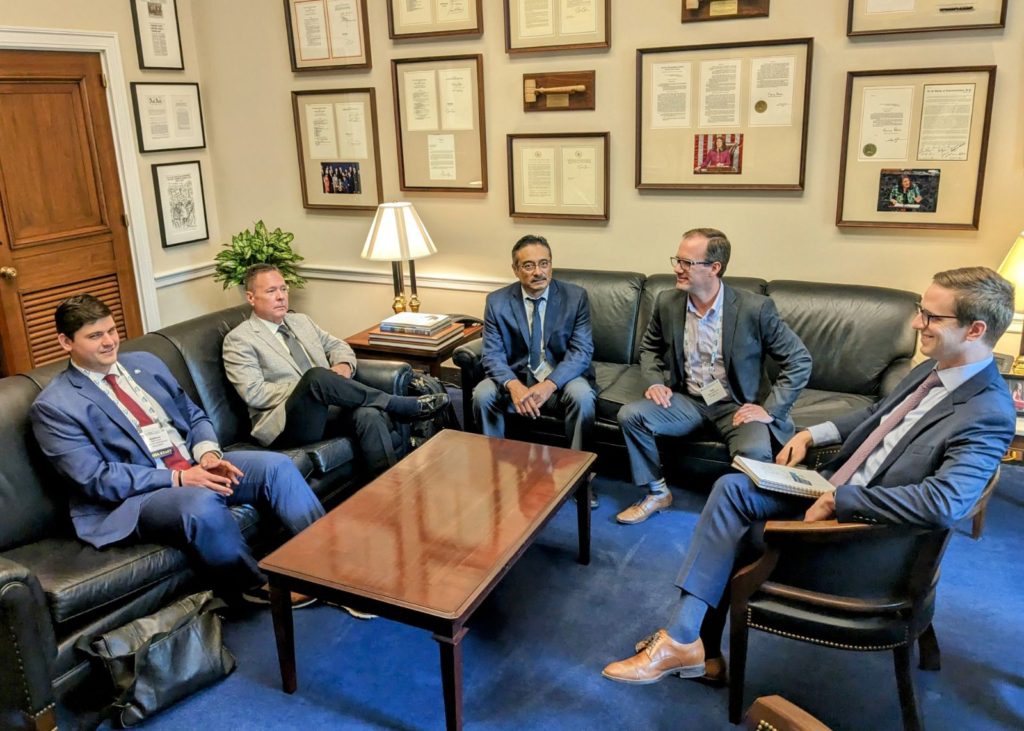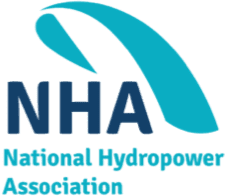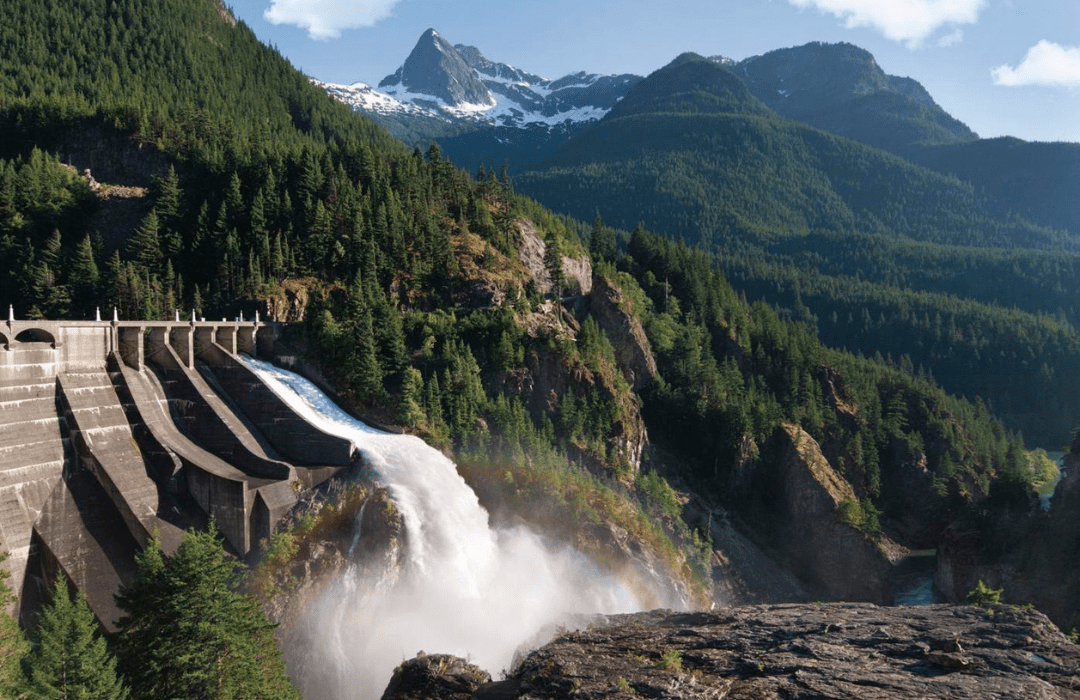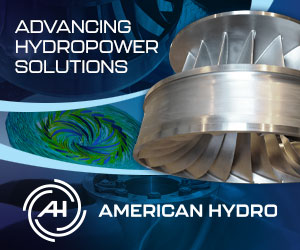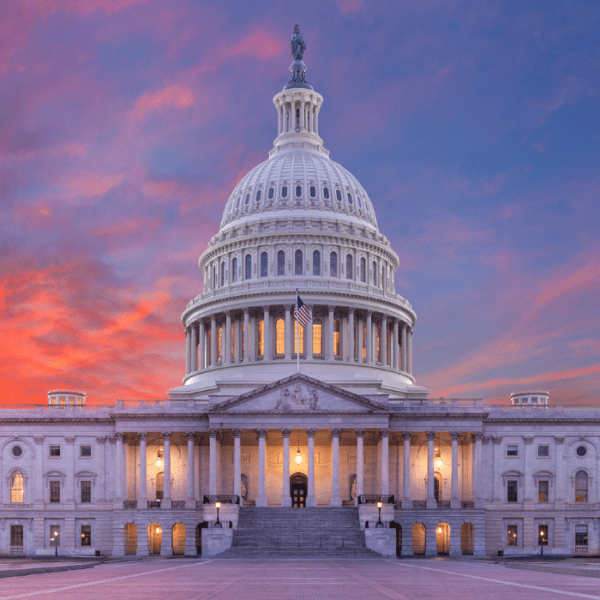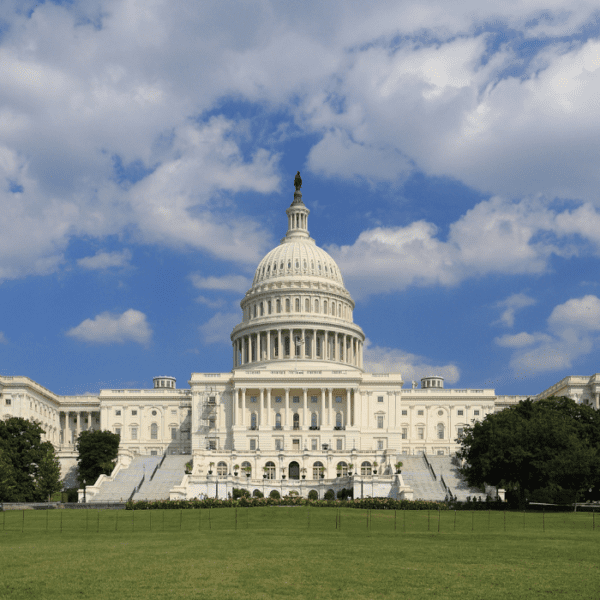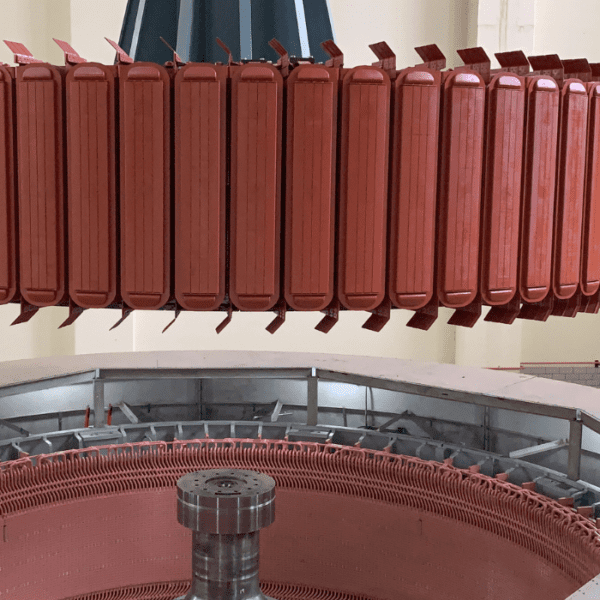Hydropower is the backbone of the U.S. power grid, and it plays an increasingly vital role in the clean energy transition as a flexible, dispatchable, and proven resource. Despite hydro’s importance to the clean energy future, the current licensing and re-licensing process jeopardizes 17 GW of energy, as nearly half of the non-federal fleet’s licenses will expire by 2035.
With the rise of extreme weather events, as seen in California’s record setting September 2022 heatwave, hydropower helps ensure power system reliability and resilience, including an impressive 40% of U.S. black-start capabilities – the ability to restart parts of the power system to recover from a blackout.
To ensure that hydropower continues providing critical support to an increasingly renewable grid, the licensing and re-licensing process must be streamlined. Recently, Senators Steve Daines (R-MT) and Maria Cantwell (D-WA) announced bipartisan legislation to improve and modernize the nonfederal hydropower licensing process.
Titled “The Community and Hydropower Improvement Act,” the proposed bill would advance several industry priorities, including adding certainty to the hydro permitting process by directing the Federal Energy Regulatory Commission (FERC) to establish a two-year process to grant licenses for hydropower additions to non-powered dams and a three-year process for lower-impact projects, as well as closed-loop pumped storage projects.
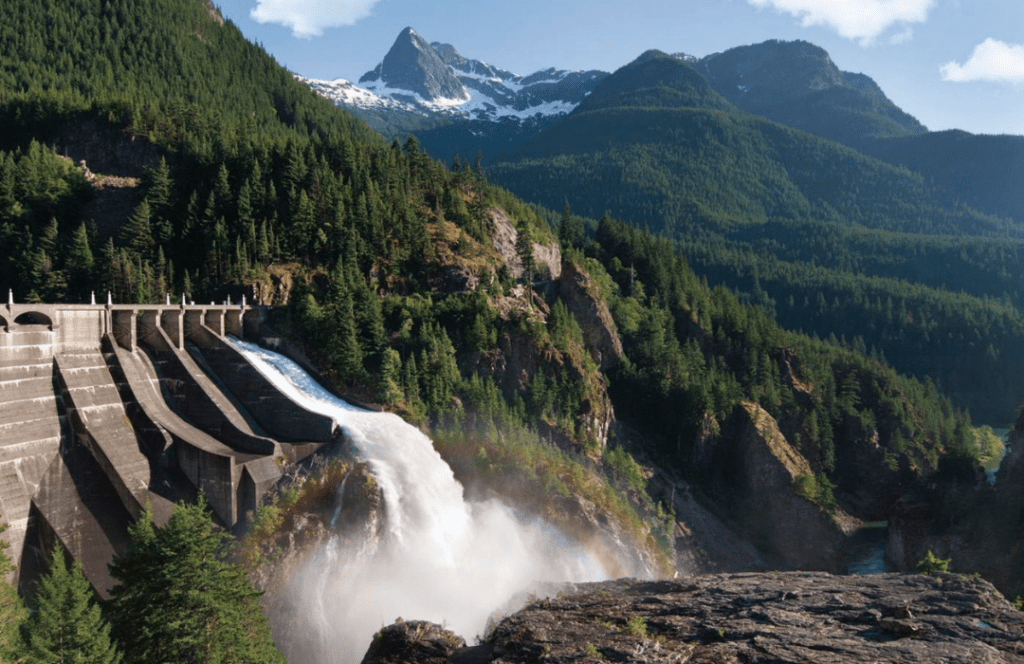
HOW THE CURRENT HYDROPOWER LICENSING PROCESS PUTS THE U.S. ELECTRIC GRID AT RISK
Imminent dam closures and license surrenders threaten the electric grid. Nearly half of the nonfederal U.S. hydropower fleet, responsible for powering approximately 13 million homes, will be up for relicensing by 2035.
On average, relicensing a hydropower facility takes between seven to ten years to complete and can cost upwards of $3.5 million, excluding the cost of fish passage, new turbines, and dam safety investments. The current process causes uncertainty, as relicensing gets bogged down with delays and costs related to bureaucratic reviews by numerous agencies.
When faced with the choice of going through the complex license renewal process or decommissioning, hydropower owners are increasingly choosing to surrender their licenses. In fact, over one-third (36.4%) of hydropower owners are actively considering decommissioning a facility while only 13.6% of these owners had previously considered decommissioning.
The 17 GW of hydropower capacity up for relicensing is crucial; without it, the grid’s ability to respond to and recover from extreme weather events is threatened. To bolster U.S. energy security and achieve climate ambitions, it is imperative that this integral source of energy is protected and that the current licensing and re-licensing process is streamlined.
The White House has also hailed the importance of hydropower licensing reform. The Administration’s priority sheet for clean energy highlighted that hydropower license reform should include “shortening timelines for licensing decisions to allow well-operated hydropower facilities including pumped storage to function.”
Senior Advisor to the President for Clean Energy Innovation and Implementation, John Podesta, recently gave remarks to the Bipartisan Policy Center, reiterating the Administration’s stance:
“We’ve got to fix the cost and delays that are bogging down the licensing process for hydropower projects. Hydro supplies 37 percent of zero-carbon power in the United States—and more than thirty percent of all the nonfederal hydropower licenses in the United States are set to expire by 2030. It’s time to reform the process so we can keep this crucial energy source online.”
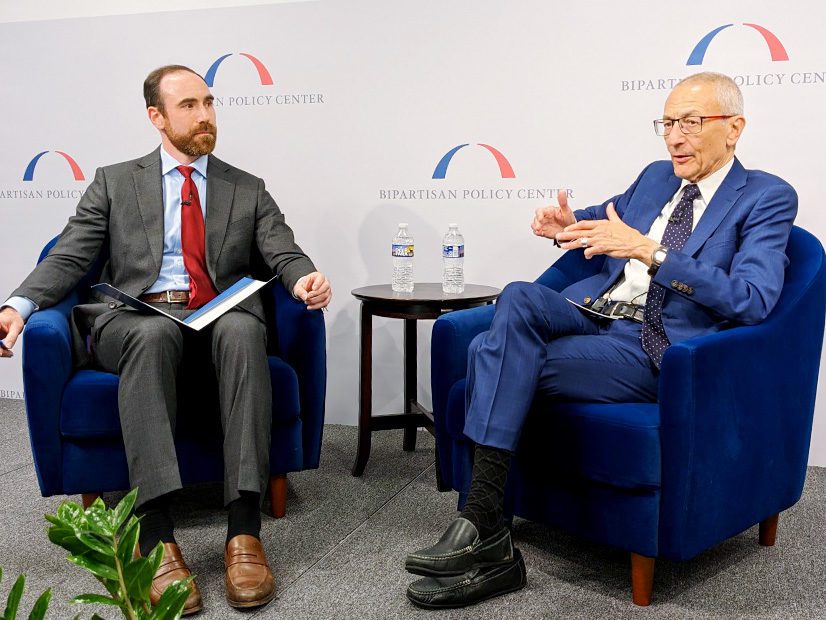
White House Senior Advisor John Podesta (right) talks about permitting reform with Xan Fishman of the Bipartisan Policy Center.
STREAMLINING HYDROPOWER LICENSE REFORM
During the National Hydropower Association’s Waterpower Week in D.C., Senators Steve Daines (R-MT) and Maria Cantwell (D-WA) announced bipartisan legislation to improve and modernize the nonfederal hydropower licensing process. Titled The Community and Hydropower Improvement Act (S.1521), the proposed legislation amends the Federal Power Act (FPA) to streamline the Federal Energy Regulatory Commission (FERC) licensing, re-licensing, and license surrender process.
The Community and Hydropower Improvement Act would safeguard and increase hydropower production by better informing agency decision-making, improve coordination among agencies on timeline and information gathering, expedite low-impact projects, increase tribal engagement, and ensure environmental stewardship.
This bipartisan legislation is the result of over two years of negotiations between the Uncommon Dialogue Coalition, who came together to find common ground and develop consensus on improvements to the hydropower licensing process. The Community and Hydropower Improvement Act is the largest bipartisan permitting reform proposal in decades, and it was informed by a wide range of stakeholders, including members of the hydropower industry, environmental organizations, tribes, and conservation groups.
“This bill is an important next step to strengthen hydropower’s role in providing our communities with power and bolstering our nation’s energy security. By streamlining the permitting and execution of these exciting new projects and ensuring all voices are heard in their implementation, we can expand hydropower production and support our local economies,” Senator Daines stated during Waterpower Week in D.C.
This legislation was introduced in the Senate on May 10, 2023. Since then, Sens. Jim Risch (R-ID), and Ron Wyden (D-OR) have become co-sponsors. National Hydropower Association (NHA) will continue to provide updates to members as it moves through the legislative process.
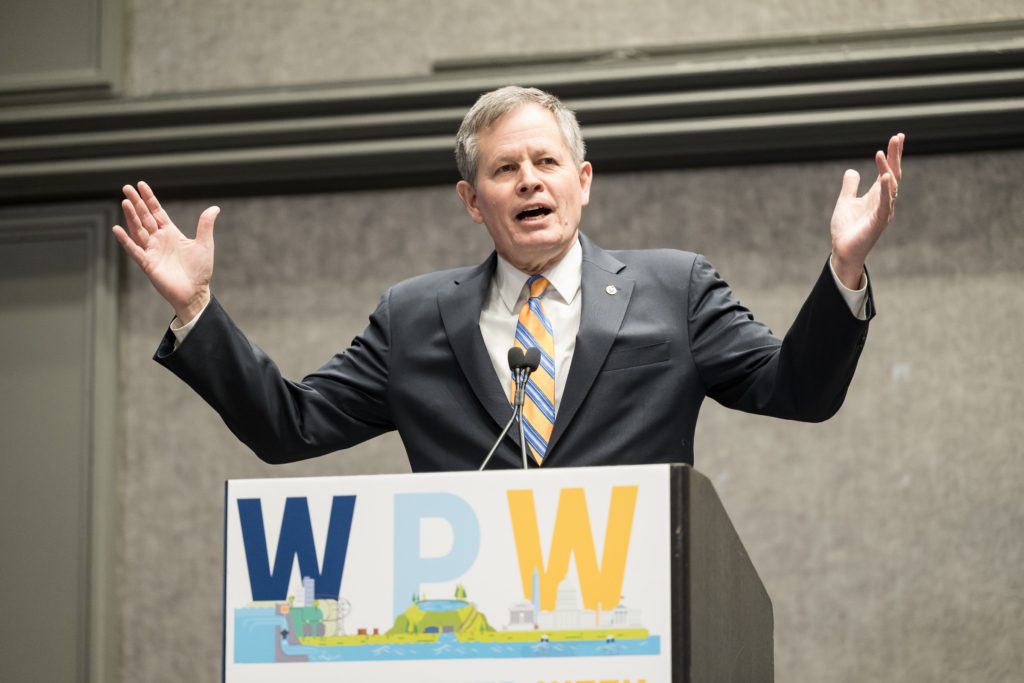
Senator Steve Daines (R-Montana) addresses attendees at Waterpower Week in D.C. 2023
Three Key Benefits of the Community and Hydropower Improvement Act
The Community and Hydropower Improvement Act contains several key industry priorities that, if implemented, would represent momentous progress for U.S. hydropower development.
First, this legislation expedites and adds certainty to the hydro permitting process by directing FERC to establish a two-year process to grant licenses for hydropower additions to non-powered dams and a three-year process for lower-impact projects, as well as closed-loop pumped storage projects. This promotes transparency in the hydropower regulatory process and reduces associated costs.
Second, The Community and Hydropower Improvement Act reduces any delays in licensing or re-licensing by clarifying the scope of environmental effects that may be considered.
Currently, more than a dozen agencies involved in the process can impose mandatory conditions, which can tack on tens of millions of dollars in relicensing. In many cases, agencies impose overreaching mandatory conditions that have nothing to do with the hydropower facility itself. For example, in various state water quality certifications, facilities are required to support a feral pig task force and allow state access to the project to trap and kill feral pigs.
In another case, at the Swift No. 2 Project on the North Fork River in Washington State, the United States Forest Service (USFS) imposed a § 4(e) condition requiring the licensee to fund maintenance of a multi-purpose forest road outside the project boundary used primarily for non-project purposes.
The Community and Hydropower Improvement Act ensures that mandatory conditions submitted by certain federal agencies under sections 4(e) and 18 of the Federal Power Act address effects of the licensed project.
The Community and Hydropower Improvement Act also increases efficiencies and inter-agency coordination, reducing duplication of work and redundancies. The legislation directs FERC to convene a conference with agencies that have conditioning authority in hydropower licensing at the beginning of the process, which allows involved organizations to establish a coordinated schedule to permit the timely completion of all federal authorization decisions. Any conflicting requirements imposed by different organizations would also be subject to dispute resolution at the end of the process.
This strategic, common-sense package and meaningful reforms will help safeguard and expand vital hydropower resources. Improving the licensing process will allow hydropower to continue to provide clean, baseload energy to the electricity grid to promote U.S. energy security and help the nation reach its climate goals.
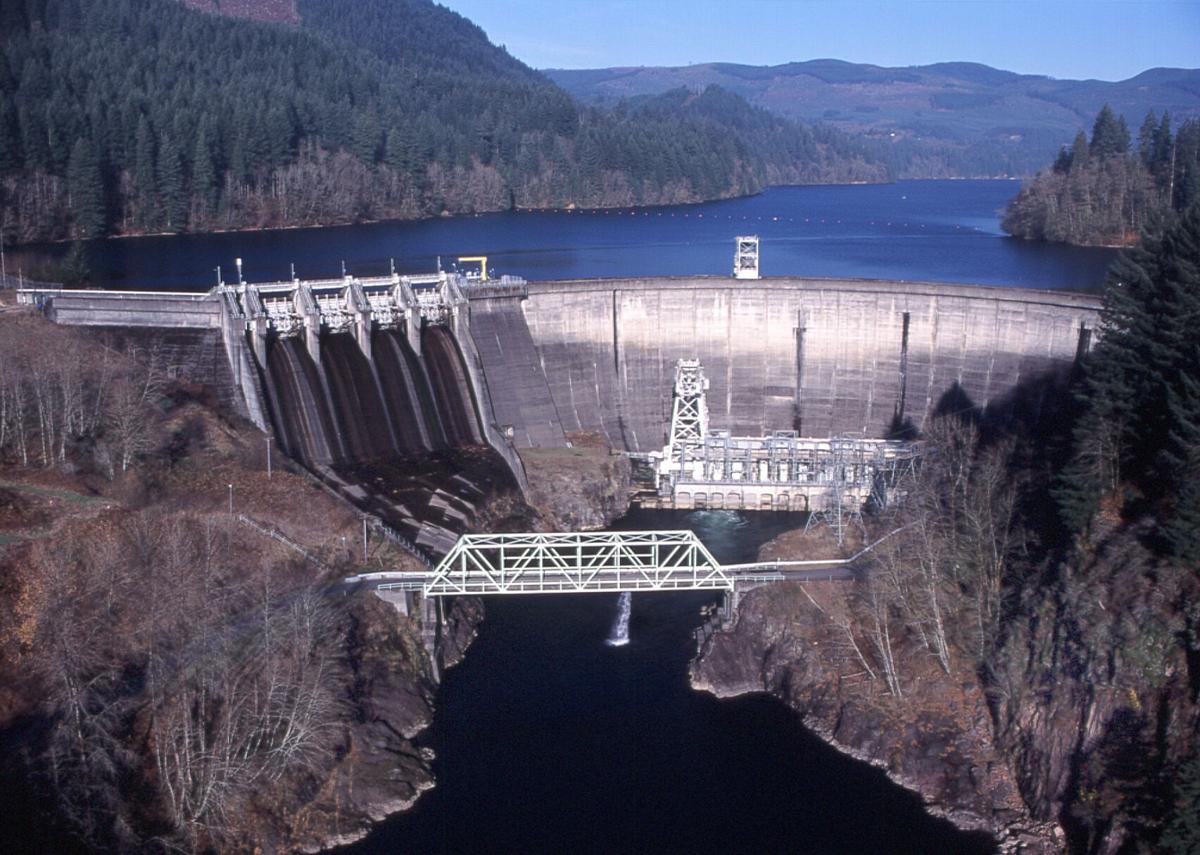
HOW TO GET INVOLVED
To advance this important legislation, NHA needs your help! Members of Congress (MOCs) must hear from you – their constituents. Effecting policy change can be as simple as calling your Congressman and Senators, or even sending an email to their staff. If you are in Washington D.C., requesting to meet with Congressional offices in-person can be extremely impactful.
NHA’s Director of Legislative Affairs, Matthew Allen states, “Effective grassroots advocacy can be a powerful tool in seeing your policy priorities across the finish line. Building connections with your Members of Congress is critically important, so when you have an ask, as the hydropower industry does now, those members will have the necessary background and insights on our issues to understand why policy changes are necessary.”
Below are several tools that you can utilize when contacting Members of Congress:
- To find your Senators, click here. To find your Representative, click here.
- If you are calling, the office number can be found on the homepage of your MOC’s website.
- If you are emailing staff, please utilize this tool to find the energy staffer for your Senator, and this tool to find the energy staffer for your MOC.
- Ask the MOC to co-sponsor and vote YES on S.1521 – the Community and Hydropower Improvement Act.
- Offer to connect the office with Matthew Allen (matthew@hydro.org) and Brittney May (brittney@hydro.org) for any further questions or clarifications.
- Attach these documents for their review:
- NHA’s one-pager on S.1521 and on the “Grid at Risk”
- Senator Daines’ one-pager on S.1521
- The White House’s Energy Fact Sheet
- The Uncommon Dialogue Coalition Support Letter
- The former FERC Commissioners’ Support Letter
- Articles from Utility Dive, Bloomberg, and Fox News
